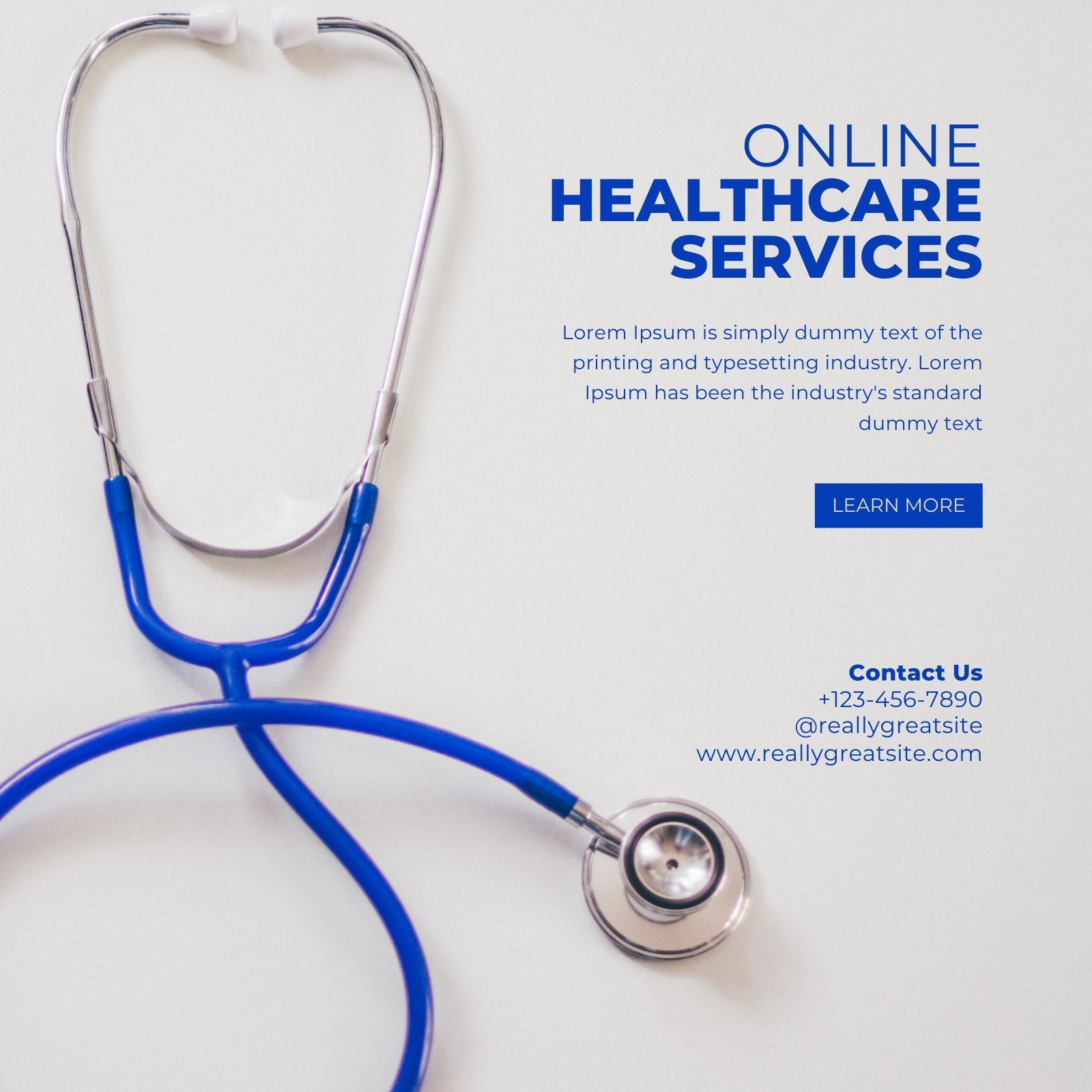Navigating the Future of Medicine With Subscription-Based Healthcare Provider
As the medical care market advances, subscription-based solutions become an essential design promising to improve person treatment shipment. With the potential to offer structured, cost-effective solutions via foreseeable pricing and personalized attention, these solutions stand at the leading edge of modern clinical advancement. As we consider their surge, one should contemplate the effects of incorporating such systems into existing medical care frameworks. What obstacles do they pose in regards to data security and fair access, and just how might they redefine the patient-provider partnership? The solution to these inquiries could basically modify our technique to healthcare.
Increase of Registration Health Care
As health care systems all over the world face enhancing pressures from climbing prices and demand for solutions, the advent of subscription-based health care designs has actually become a transformative pattern. This innovative strategy is interfering with standard health care delivery by supplying a predictable, flat-rate payment structure for medical services. Rooted in the principles of concierge medication, subscription-based healthcare permits companies to concentrate on customized patient treatment while simultaneously managing operational performances.
The raising customer demand for openness and predictability in health care expenditures has actually driven the shift towards this version. Subscription-based services often provide straight access to health care professionals, which can reduce the management concerns associated with insurance claims and compensations.
This version is getting traction amongst diverse health care companies, from medical care physicians to specialized centers, by lining up monetary motivations with preventive and continual care. By moving the emphasis from volume to value-based treatment, subscription healthcare has the potential to reshape the landscape, fostering a much more patient-centered and sustainable technique to wellness monitoring.
Benefits for People

Furthermore, subscription-based services typically highlight preventive care, encouraging regular examinations and health and wellness testings. This aggressive strategy can lead to very early discovery of wellness concerns, possibly boosting end results and reducing long-lasting healthcare expenses for clients. Such models typically offer clear prices, allowing individuals to better understand their healthcare expenditures and prevent unforeseen medical bills.
The personalized nature of subscription-based medical care likewise enhances individual experience. Clients can receive customized health care plans that match their particular needs, cultivating a much more patient-centric approach. This customization can result in enhanced patient satisfaction and adherence to therapy plans. In addition, membership services usually incorporate wellness programs, sustaining people in preserving total health and wellness and well-being. Inevitably, these benefits jointly contribute to an extra effective, cost-effective, and patient-friendly medical care experience.
Technology's Duty in Transformation

Expert system (AI) plays a vital function in anticipating analytics, assisting in early medical diagnosis and tailored treatment strategies. AI formulas evaluate huge datasets to determine patterns that could be overlooked by human observation, therefore boosting clinical decision-making. Electronic health and wellness records (EHRs) simplify client details monitoring, check it out ensuring connection and coherence of treatment across various services and providers.
Blockchain technology enhances information protection and privacy, important for preserving individual count on in digital systems. It allows secure and clear transactions of medical information, ensuring that sensitive info remains safeguarded. With the combination of maker knowing and AI, blockchain can automate intricate health care processes, lowering administrative worries.
Factors To Consider and challenges
While technology drives the capabilities of subscription-based health care solutions, it also presents a set of difficulties and factors to consider that must be dealt with to make certain successful application. One substantial challenge is the equitable access of these services. As subscription versions typically rely upon digital systems, there is a threat of aggravating the electronic divide, leaving people without net accessibility or electronic proficiency. Guaranteeing these services do not disproportionately profit only tech-savvy and upscale populations is imperative.
Information privacy and security represent another critical factor to consider. Subscription-based solutions commonly entail the collection and storage space of vast quantities of personal wellness information. Carriers need to stick to rigorous data protection laws to preserve client trust fund and protect against unauthorized access, which might lead to considerable honest and legal effects.
Furthermore, the sustainability of subscription designs postures a challenge. As medical care requires advance, preserving an affordable equilibrium between subscription fees and service quality is crucial to avoid individual discontentment and attrition. Integrating these services within traditional health care systems requires seamless interoperability in between systems, which is usually a complicated and resource-intensive endeavor. Dealing with these challenges is essential as subscription-based health care services remain to increase and evolve.
Future Ramifications for Medicine
Subscription-based health care solutions are poised to considerably influence the future landscape of medication by improving how treatment is accessed and supplied. These models provide the prospective to equalize healthcare access, giving individuals with more timely and customized treatments. By leveraging innovation, such as telemedicine and information analytics, membership solutions can help with continual monitoring and tailored health administration, thus boosting results and decreasing the problem on typical healthcare systems.
As these services gain grip, they might stimulate a change towards preventative care, stressing the value of very early discovery and monitoring of persistent problems. This aggressive strategy might inevitably reduce healthcare expenses by reducing the requirement for pricey treatments developing from late-stage disease monitoring. imp source Membership designs offer a scalable service to address variations in healthcare gain access to, specifically in underserved or rural populations.
Nonetheless, the shift towards subscription-based versions click site necessitates dealing with regulatory and moral considerations, consisting of information personal privacy and fair access. As the industry progresses, joint efforts between policymakers, modern technology designers, and doctor will certainly be critical to developing durable structures that safeguard client interests while cultivating innovation. Eventually, these solutions assure to add dramatically to an extra efficient, patient-centered health care community.

Conclusion
Subscription-based health care services represent a substantial advancement in the medical area, providing predictable prices and personalized treatment that improve ease of access and prioritize safety nets. Technological improvements, such as telemedicine and AI-driven analytics, help with tailored individual experiences, improving overall health end results. Nevertheless, difficulties such as data privacy and equitable access should be addressed to make certain the widespread advantages of these services. As the medical care landscape advances, membership models are poised to play a vital duty fit the future of medication.
As the health care sector evolves, subscription-based solutions emerge as a critical design guaranteeing to reshape patient care shipment.As medical care systems around the world face raising pressures from increasing prices and need for services, the advent of subscription-based healthcare models has emerged as a transformative trend (subscription based healthcare).With the surge of subscription-based health care versions improving traditional healthcare distribution, clients are beginning to experience significant benefits from this cutting-edge strategy. As health care requires develop, keeping an affordable equilibrium in between membership fees and service high quality is essential to prevent person dissatisfaction and attrition.Subscription-based health care services are positioned to considerably affect the future landscape of medication by improving how treatment is accessed and delivered